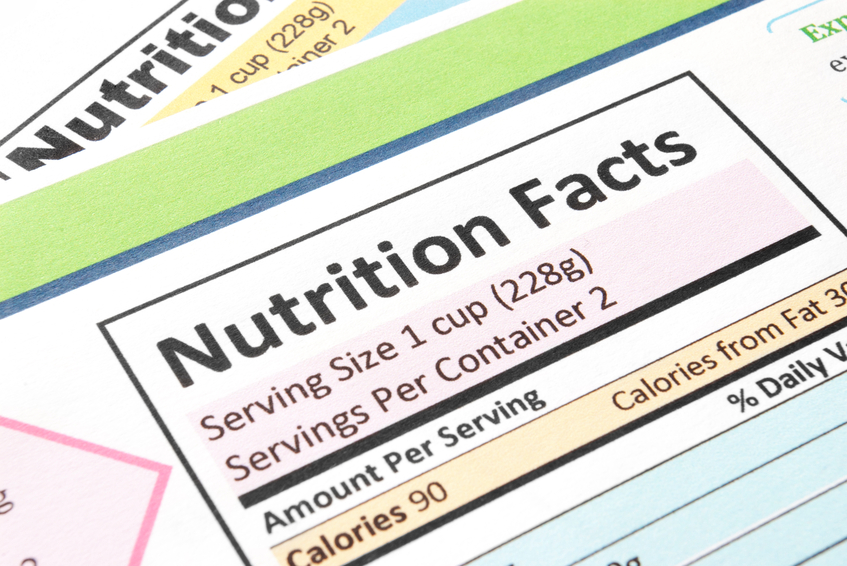The latest top stories for the sports nutrition, dietary supplement, and cosmetics industries:
Possible Extension to Comply with New Labeling Rules
On June 13, FDA reported that it would extend the compliance dates for its Nutrition Facts (and Supplement Facts) final rules. The final rules were originally set to come into effect July 26, 2018, or July 26, 2019 for manufacturers with sales of less than $10 million. On September 29, 2017, in a Constituent Update, FDA has now proposed to extend the compliance dates for the final rules to January 1, 2020 for manufacturers with $10 million or more in annual sales and January 1, 2021 for manufacturers with sales of less than $10 million. The FDA is accepting comments on the extension of the compliance dates for 30 days beginning October 2, 2017. This proposal does not affect the final labeling rules, which are already available here. Although FDA is again proposing to extend the compliance dates, it may benefit companies to begin complying with the new regulations now, rather than make changes to the labels in the future. If you need assistance with the new labeling rules, or wish to have your labels reviewed, please reach out to us at [email protected].
Food Labeling: Revision of the Nutrition and Supplement Facts Labels
The Need to Reform or Replace Proposition 65
On September 30, 2014 the Los Angeles Times wrote an Editorial that hits the nail on the head when it comes to California’s Safe Drinking Water and Toxic Enforcement Act of 1986, now known as Proposition 65 (Prop 65). As most of us in the industry already know, Prop 65 requires businesses with 10 or more employees to place a warning sticker/label, or other type of warning, informing consumers that their product may contain “chemicals known to the state of California to cause cancer, birth defects, or other reproductive harm”. The levels set by California are much lower than those acceptable by the FDA and every other state, which leads to a lot of litigation in this matter. Many companies in the industry have received a Prop 65 Notice of Violation for not having this warning on one or more of their products sold in California and have been sued and/or forced to pay a penalty as a result. Now, businesses that sell coffee or coffee beans, including Starbucks, may soon have to place this warning on their products because coffee, when roasted, contains acrylamide, a chemical on the Prop 65 list. As the Los Angeles Times correctly pointed out, people in California are numb to these warnings because they are everywhere. This indifference to the warning signs defeats the purpose of Prop 65, which was originally designed to warn consumers about “serious health risks, not merely conjectural ones”. Maybe it’s time for California to reform or replace Prop 65 and figure out a better way to protect consumers from serious health risks rather than allow lawyers to “bounty hunt” products to make money. If your supplement company receives a Notice of Violation of Prop 65, reach out to us at [email protected], we have dealt with many Prop 65 cases and have the experience needed to help you obtain the best possible outcome.
Rick Collins to Speak at Q1 Productions 2nd Annual Dietary Supplements: Regulatory Strategy
On November 13-14, 2017 in Arlington, Virginia, Rick Collins will be speaking at two sessions during the Q1 Productions 2nd Annual Dietary Supplements: Regulatory Strategy. Rick Collins will be participating in a panel discussion about state-level regulation of dietary supplements. This panel will be 45 minutes long including a Q&A portion and will focus on the impact State Attorney Generals have on the regulation of dietary supplement industry. In addition, Mr. Collins will be speaking about New York Assembly Bill 7607 and the potential impact it could have on the dietary supplement industry moving forward. If you are planning on attending the event and would like to set up a meeting with Rick Collins, please e-mail us at [email protected].

